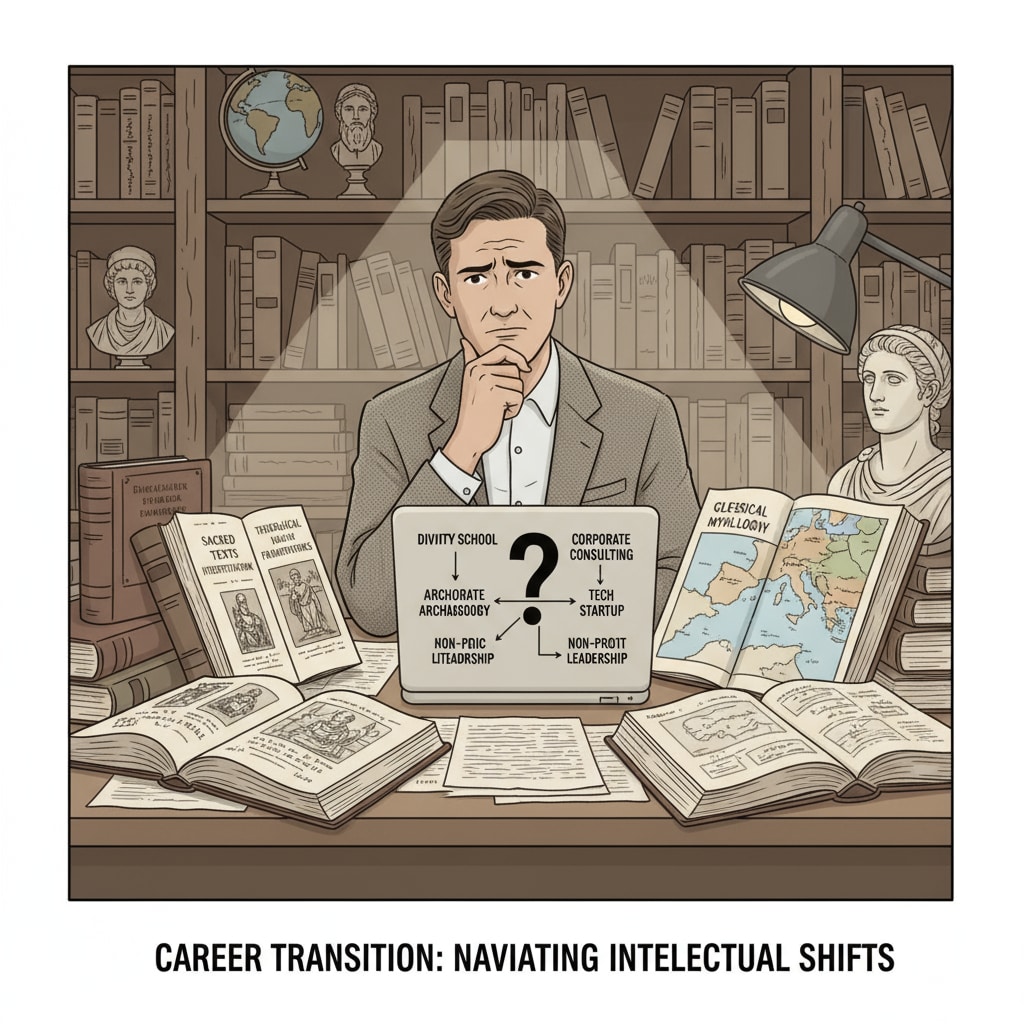Liberal arts education, career planning, and financial independence are intertwined aspects that pose significant challenges for today’s graduates. In the modern job market, liberal arts graduates often find themselves at a crossroads, facing unique obstacles in their quest for stable employment and financial self-sufficiency.

The Employment Dilemmas of Liberal Arts Graduates
The contemporary job market is highly competitive, and liberal arts graduates often struggle to stand out. Many employers seek candidates with specialized technical skills, leaving those with a liberal arts background at a disadvantage. For example, fields like technology and engineering are in high demand, while traditional liberal arts disciplines may seem less relevant. As a result, liberal arts graduates may find it difficult to secure well-paying jobs that align with their academic training. According to Bureau of Labor Statistics data, certain liberal arts majors may experience slower job growth compared to more technical fields.
Career Transition Challenges for Humanities Majors
Graduates of subjects such as religious studies and classical studies face even more pronounced career transition challenges. These disciplines are highly academic in nature, and translating their knowledge into practical, marketable skills can be a daunting task. For instance, a graduate in religious studies may have in-depth knowledge of religious texts and traditions but may find it hard to directly apply this knowledge in a corporate or non-academic setting. To achieve financial independence, they need to find ways to pivot their skills and knowledge. As explained on Wikipedia’s page on career transition, successful career transitions often require a combination of self-assessment, skill development, and networking.

In addition, the lack of clear career paths in these humanities disciplines can be demotivating. Without a well-defined roadmap, graduates may feel lost and unsure of how to proceed in their professional lives. This uncertainty can further impede their ability to achieve financial independence.
K12 Education as a Potential Solution
The K12 education field can offer a glimmer of hope for liberal arts graduates. There is a growing need for educators who can teach a broad range of subjects, including those in the liberal arts. Liberal arts graduates, with their well-rounded knowledge base, are well-suited for these roles. For example, they can bring their understanding of literature, history, and social sciences to the classroom, enriching the learning experience for students. By entering the K12 education sector, they can not only find stable employment but also contribute to shaping young minds. This can be an important step towards achieving financial independence while still utilizing their liberal arts education.
Readability guidance: As seen above, short paragraphs and lists can effectively summarize key points. Each H2 section has presented relevant details in a clear manner. Passive语态 has been kept to a minimum, and transition words like ‘for example’, ‘as a result’, and ‘in addition’ have been used to enhance the flow of the article.


